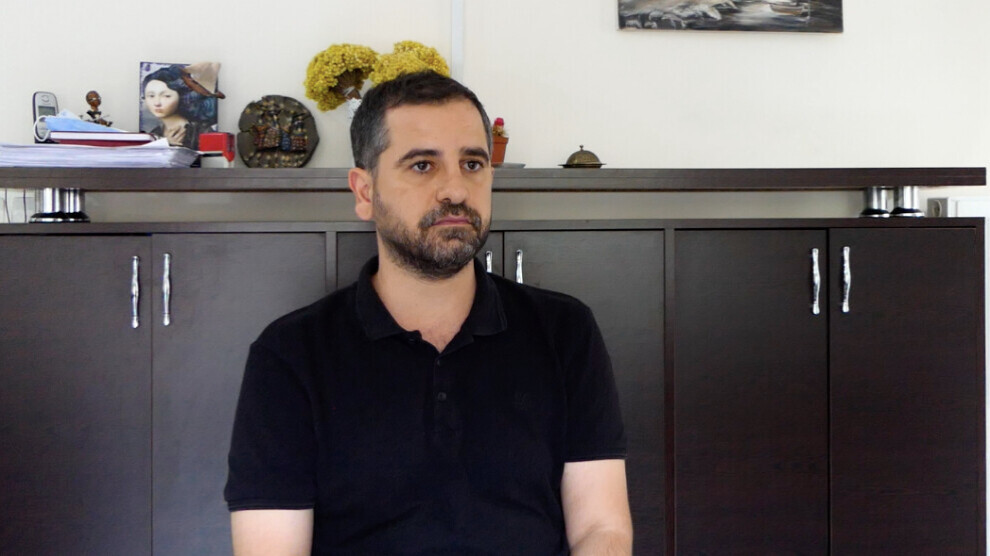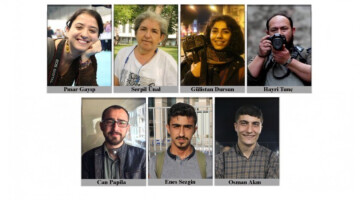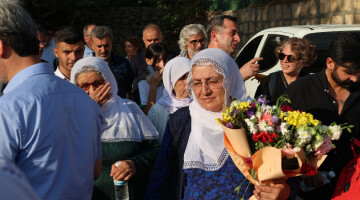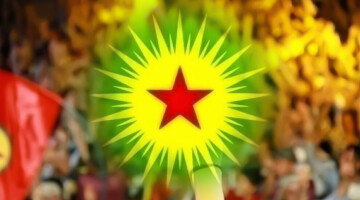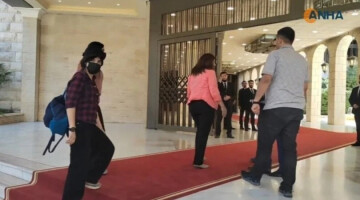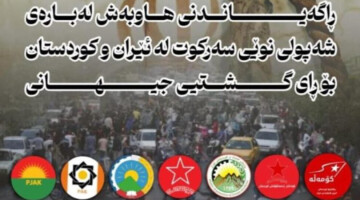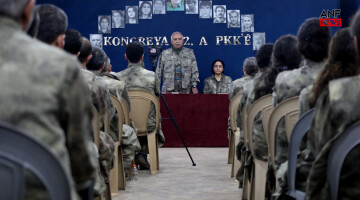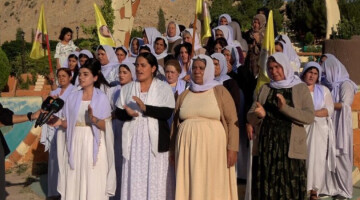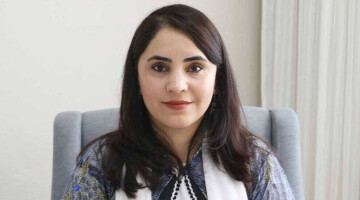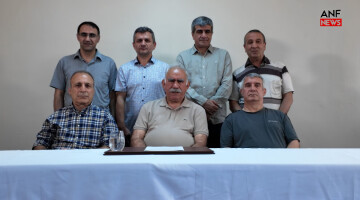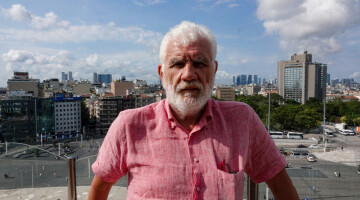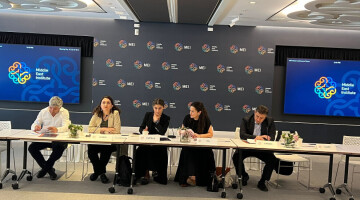While rulings at the European Court of Human Rights usually are released between two and seven years, the file on the isolation in Imrali has been with the court for ten years.
Kurdish people’s leader Abdullah Öcalan has been in total isolation in the Imrali island prison since 1999. For years, Öcalan has been completely cut off from all communication with the outside world. The last confirmation that he is actually alive came on 25 March during a telephone conversation with his brother Mehmet Öcalan, which was interrupted after a few minutes. According to international conventions, this form of isolation equals torture and is therefore prohibited. Nevertheless, the international institutions are extremely shy when it comes to the situation in Imrali. In an interview with ANF, Serbay Köklü from Öcalan's legal team assessed the behaviour of the European Court of Human Rights and other international institutions about the Imrali case.
Köklü (from the Asrin Legal Office) underlined that Imrali is not just a prison under the supervision and administration of Turkey. Control is subject to international law and, in particular, European law. The European Committee for the Prevention of Torture (CPT), the European Court of Human Rights and the UN have the power to directly control what is happening in Imrali. In this regard, one of the main reasons for the isolation imposed in Imrali is the ignorance of international institutions about the issue, said the lawyer, adding: "It is not possible for Turkey to do as it pleases, both legally and politically. The CPT has a clear report on immediate provision of family and lawyer meetings and changing the execution regime in Imrali, but it does not even stand behind it."
The ECHR has been delaying decision for ten years
This attitude of Europe encourages the Turkish state to continue isolation, explained Köklü underlining the immense delay in the proceedings: “Since 27 July 2011, only five meetings by lawyers have taken place in Imrali prison. At the same time, there was very severe repression, lawyers were arrested and imprisoned. For a long time, all the connections between Mr. Öcalan and the outside world were cut off. It is in this situation that we turned to the ECHR. Our application has not been responded by the ECHR for ten years now. We know that the ECHR closed some cases in two or at most seven years, but this case is still open. The international institutions encourage the Turkish government with its passive stance. The ‘Imrali Isolation System’ is a system that was activated as a result of the international conspiracy [which led to the capture of Öcalan in 1999]. It is a system that was developed by the European Union, the Council of Europe and NATO in agreement with the Turkish government. "
Imrali system is applied across the country
Öcalan’s lawyer said that it is better to speak of an Imrali isolation system than of a practice of isolation in Imrali. "Because this system – he said – is a method of domination that is designed and produced in Imrali and that spreads to the whole country. The F-type high security prison model was first introduced in Imrali. All punitive measures, which set the legal and punitive standards of the Turkish penal code and the currently practiced terror laws, were brought into being on 1 April 2005 with the introduction of the so-called ‘Öcalan Laws’. The Imrali system was implemented across the country. Imrali is like a laboratory for the law enforcement system that then uses it across the country. Politically, in the background, is one of the country’s basic problems that has persisted for a hundred years, the Kurdish question. Imrali is an expression of the attitude towards the Kurdish question. The insistence on violence and lack of solution is reflected in the isolation imposed in Imrali. Violence is used as a solution tool across the country."
“The Imrali Attitude”
In opposition to isolation is what the lawyer calls the ‘Imrali attitude’. "What we call the ‘Imrali attitude’ is the solution to all the country's problems through dialogue and negotiation. It is about the conviction that a dignified peace and a democratic solution to the Kurdish question are possible. Mr. Öcalan has been building this ‘Imrali attitude’ for over 22 years. In contrast, some interest groups in Turkey and international centers of power are trying to insist that there is no solution and therefore continue to deepen the chaos in the Middle East."

